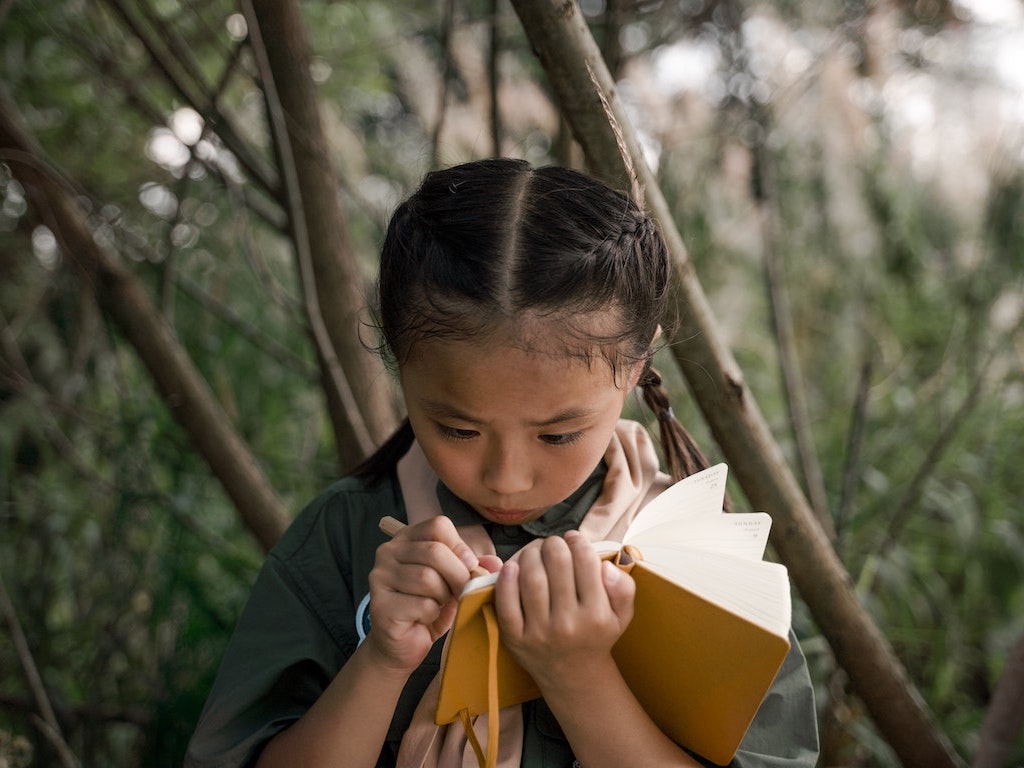SingaporeMotherhood | Parenting
October 2023
Decoding Parent-Child Dynamics: Mummy Rachel & Daughter Oia
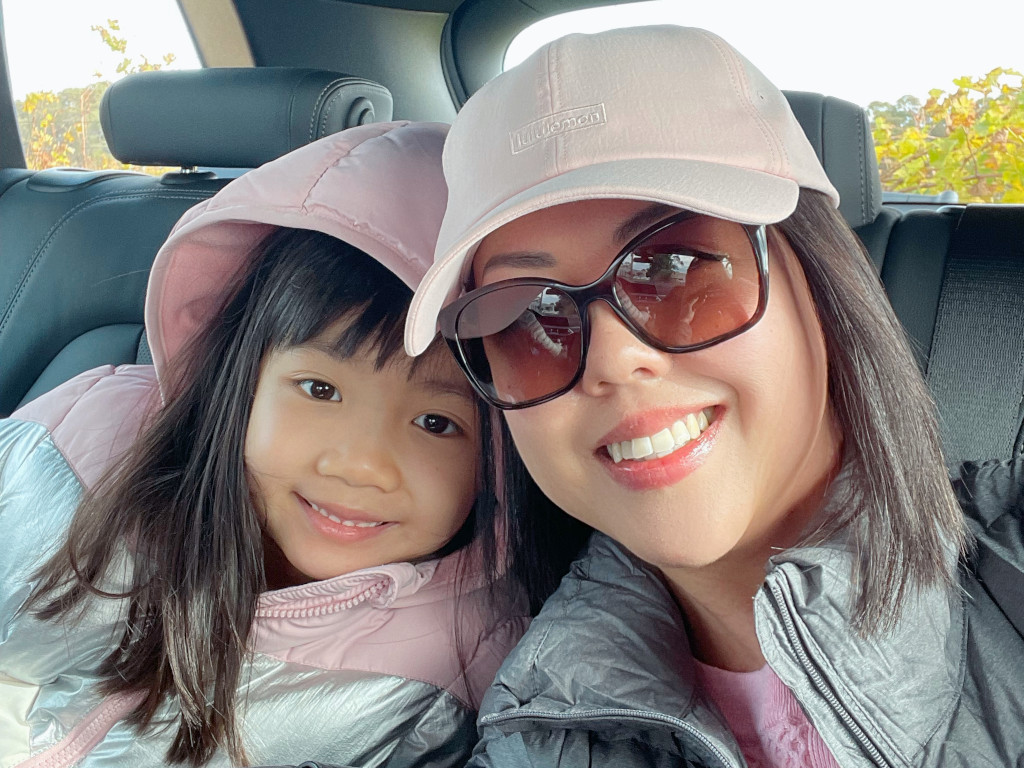
Ever clashed with your child and then wondered why it was so difficult to understand them? Or asked why they couldn’t just do a thing that seemed so simple to you? According to developmental psychologist Lydia Lim, much comes down to understanding both parties’ personality driven responses and behaviours. This then allows you to forge more effective engagement and deeper connections, resulting in better parent-child dynamics overall.
This was the reason she co-founded Connected, a digital resource that helps parents understand, in layman’s terms, the psychology behind the personality traits of their children. With this knowledge, you can then parent your child more effectively and foster stronger communications. It makes it easier for you to spot if your child is in distress, while children are more likely to confide in a parent they feel connected to.
(See also: HOW TO RECOGNISE SIGNS OF PEER PRESSURE IN YOUR CHILD PLUS STRATEGIES TO HANDLE IT)
In this series on Decoding Parent-Child Dynamics, we ask parents what personality trait they struggle with most in their child. They also share a little about their parent-child dynamics. Next, Lydia breaks it down and offers personality-driven insights behind each pair. She also explains how the parent-child personalities relate to each other. Finally, she curates tips and strategies each parent can incorporate into their parenting journeys.
Mummy Rachel & Daughter Oia
In this first instalment, we hear from Rachel Raeburn, a 48-year-old public relations specialist. Her daughter and only child, Oia, is eight years old.
“My daughter is very competitive when playing games and sports and always aims to be among the top three winners. She will be disappointed for days if she doesn’t win a trophy. This is even though it might not be totally within her control, as it could be a team sport event. She is just as competitive when it comes to academic tests.

My husband and I often remind her that not everyone can win all the time, and that it is okay not to win if she has tried her best. While we think having high standards is a good trait to have, it can be tiring to deal with her intense disappointment each time this happens.”
(See also: FROM INFERTILITY TO ADOPTION & BECOMING A MUM AT 40)
Our Parent-Child Dynamics
“While I prefer a more systematic way of doing things — for example, homework after school, followed by playtime, my daughter would prefer to take some time to play before doing her homework. She will also split up her homework over two to three days, so she is not bogged down with too much at a time. While I’m fine with that approach now, I’m concerned that as she progresses over the years in school, she might find it challenging to cope with an increased homework load.
Another issue that I have is my child’s very messy desk. Personally, while I am not a neat freak, I still straighten up my desk at the end of a workday. Despite reminding her daily to pack up her stationery and put aside what she has been working on, so her desk is neat before bedtime, my instructions fall on deaf ears! To avoid ending the evening on a bad note, I tidy up her desk myself, before putting her to bed.”
(See also: HOW TO GET YOUR CHILDREN TO TIDY UP BY THEMSELVES – AND ENJOY DOING IT)
Personality-driven Insights
Lydia breaks it down: Oia appears to be a sporty and competitive child with her eyes fixed unwavering on her goals — or trophies! It is very likely that to her, if she wasn’t playing to win, she would likely not play at all. It is a nice balance to have mummy and daddy be supportive instead of adding to the pressure of competing. However, because the desire to win is so strong, the pain of disappointment and the sting of discouragement can be very unsettling not just for Oia, but the whole family too!
While Oia is competitive and driven in her chosen sports, it sounds like she may have a more laid back preference when it comes to other tasks and obligations. Mummy Rachel’s awareness and intentional efforts to give Oia space to figure out her own rhythms sounds like great opportunities for Oia to learn to make adjustments as she grows into the increasing demands around her.
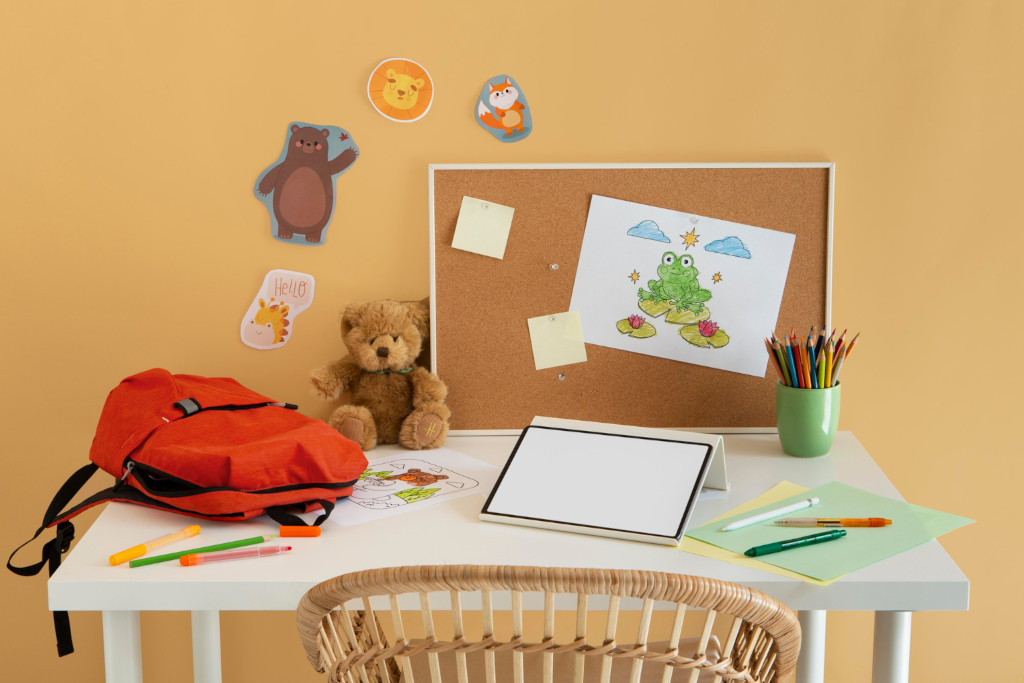
It would appear that Oia is also generally less inclined to neat and orderly plans and more comfortable with mess. She seems quite comfortable completing tasks in instalments, returning to them when she feels more ready. This affects not just how she tackles her responsibilities, but also points directly to the organisation of her room.
Oia appears quite happy to leave things around in an open-ended manner. Mummy Rachel, on the other hand, seems to prefer ‘wrapping things up’ and ‘putting things away’ as an indication of closing a chapter or bringing the day to a neat and tidy close.
(See also: 6 EXAMPLES OF THE LATEST KID-FRIENDLY INTERIOR DESIGN TRENDS FOR FAMILY HOMES IN SINGAPORE)
How The Parent-Child Personalities Relate
Lydia explains further: Being highly competitive is never a bad thing because this can be the driving force that will propel Oia to success! She is likely to be more willing to put in the necessary effort to ace in the areas of her choice.
However, this could mean that she gets many opportunities to learn how to lose graciously as well. While this might be painful for her and for mummy and daddy, these experiences can help build Oia’s resilience. Over time, she’ll realise that setbacks and disappointments can be springboards to greater progress and eventual victories.
While Rachel and her husband work towards helping Oia learn that the journey towards success isn’t always filled with trophies, especially in team sports, they should take extra care to ensure that Oia doesn’t feel that mummy and daddy don’t understand her pain. She may also feel she’s being ‘rushed’ out of the grief that she perhaps ‘needs’ to experience, simply because she was seriously working hard to attain her victory.
It can be tiring to journey with Oia through these challenges. However, her awareness of how her parents are affected may unfortunately intensify her own distress. Or she may unconsciously project this pain outwards as a way to cope.
(See also: 10 LIFE LESSONS I WANT MY KIDS TO LEARN FROM JOSEPH SCHOOLING)
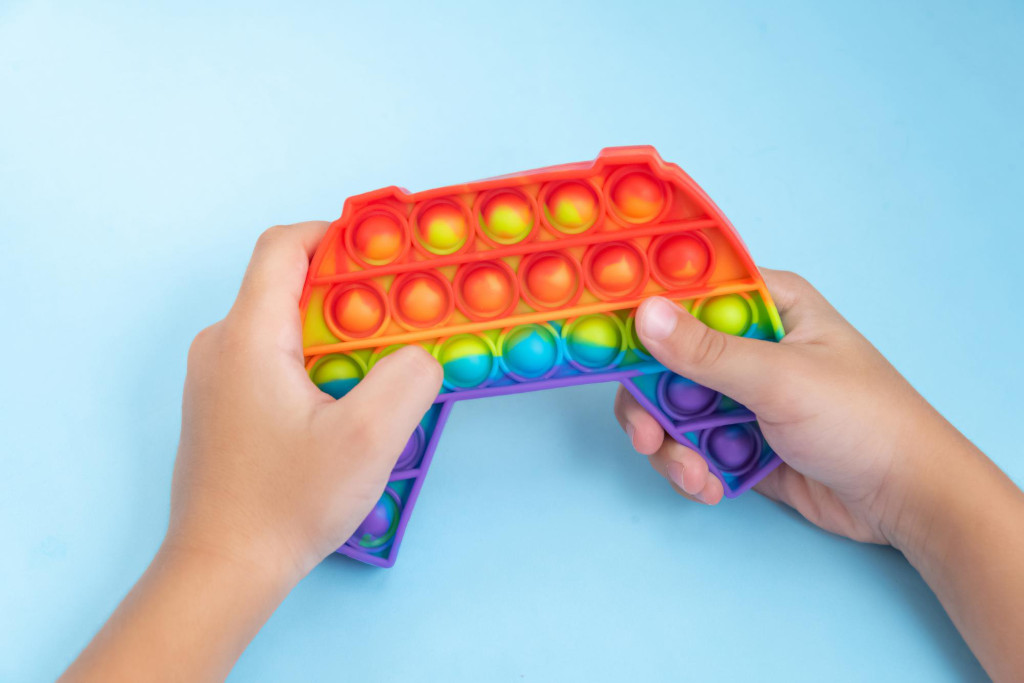
On the Flip Side
Separate from Oia’s sporting endeavours, her more laidback pace for other tasks like homework point to her ability to come away from tasks, even when she has yet to complete them. It may seem better to many adults to complete homework before playing. However, what Oia is instinctively doing is seeking to decompress after a long day in school. She uses the playtime to recalibrate and reclaim depleted resources, before starting work again!
In addition to this slower paced rhythm, Oia’s comfort with mess perhaps contributes to her comfort in moving on or switching tasks as and when she feels the need to recalibrate. She has no qualms in leaving things lying around, an inaction which may stem from the desire to have her belongings within easy reach. After all, there’s order in the midst of chaos — an order that perhaps only Oia can see and appreciate.
While this may be an area that Rachel (like many other parents!) feels Oia needs help in, there may be frustrations that Oia can’t articulate when her ‘mess’ gets cleared away. If and when Oia is upset with the clean-up, it may be less about her being ungrateful and more about her needing to pull everything out again the next day. Clearing away her ‘mess’ without getting her input can cause her to experience greater chaos even if everything is visually neat and orderly.
Another virtue parents often miss here is that Oia’s comfort with mess allows her to be more comfortable with unpredictable yet inevitable disruptions in life. This is because she’s more likely to be able to roll with the punches!
(See also: 10 EFFECTIVE WAYS TO HELP YOUR CHILD COPE WITH STRESS)
Curated Tips & Strategies
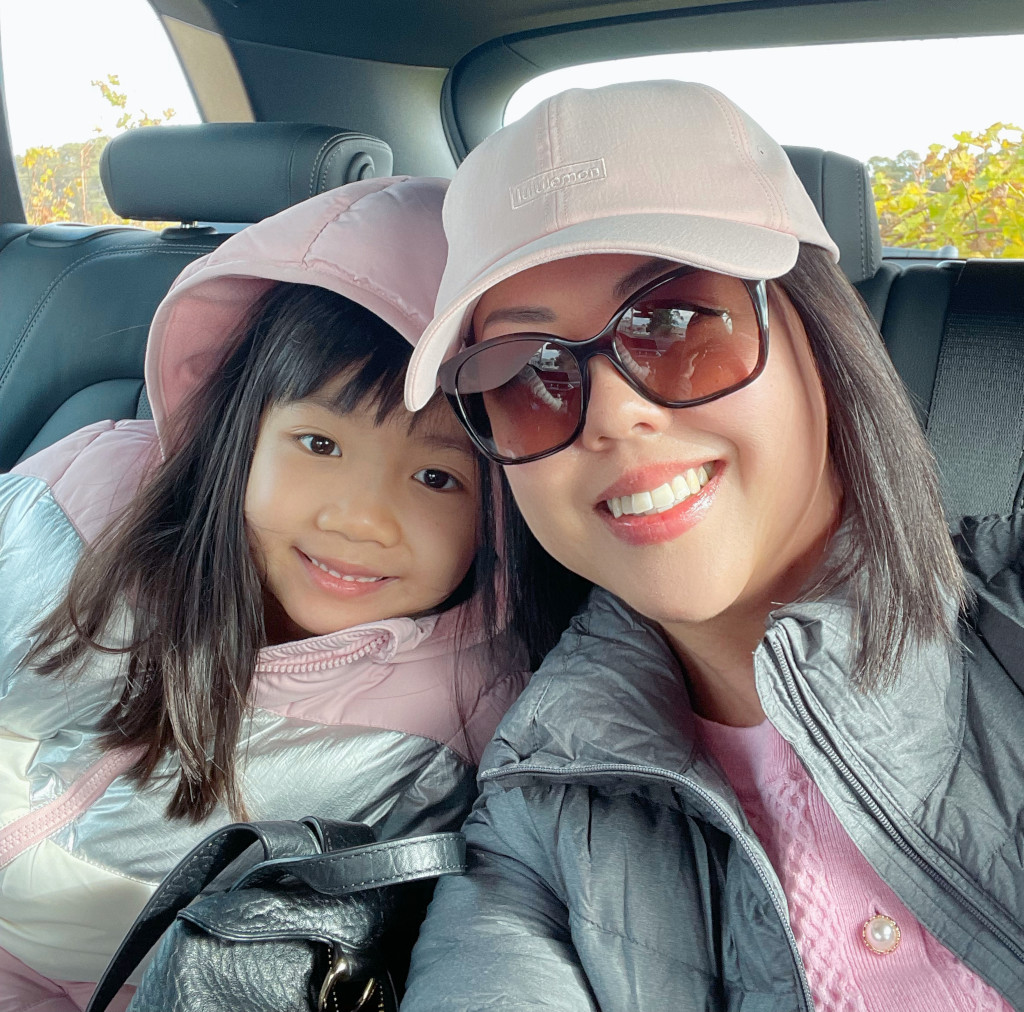
Lydia shares: A few things that Rachel can consider doing:
- Instead of jumping in quickly to help Oia come away from her disappointments, perhaps consider giving Oia space to grieve. Time to unpack her feelings and go through blow-by-blow accounts of what went wrong can be vital. Try guiding her to list down ‘what went wrong’ and ‘what I can work on and do differently’. This may be more effective in helping Oia acknowledge her discouragement, pick herself up, and get back to her game.
- Oia’s need to decompress after a long day at school is an important recalibration to factor into her daily schedules. However, she may need guidance to be careful not to lose sight of deadlines, especially those that affect others who may be working with her.
- Oia will definitely benefit from learning to create areas of ‘organised’ mess. This will allow her to still have her belongings within easy reach, but perhaps in a more intentional way. Rachel can consider negotiating boundaries where everyone contributes to keeping the family and common areas neat, while designating ‘Oia corners’ for her to have spaces that she can thrive in without fear of being called ‘messy’!
If you relate to Rachel and Oia’s parent-child dynamics, then consider applying Lydia’s tips and strategies. You can also tap into Connected for more personalised insights on your parenting journey. Otherwise, stay tuned for the next instalment of Decoding Parent-Child Dynamics, where another parent shares their real-life parenting struggles.
(See also: DECODING PARENT-CHILD DYNAMICS: DADDY KANE & DAUGHTER AVA)
All content from this article, including images, cannot be reproduced without credits or written permission from SingaporeMotherhood.
Follow us on Facebook, Instagram, and Telegram for the latest article and promotion updates.




